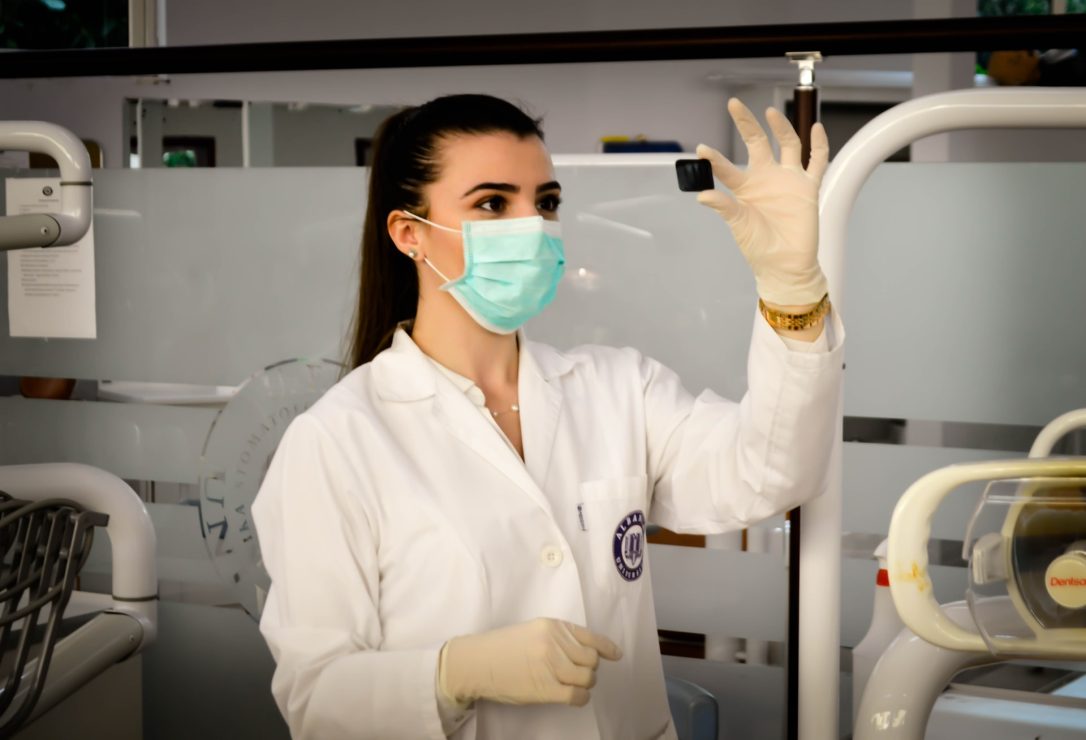It’s time to find balance between academics and personal fulfilment

Photo by Ani Kolleshi via Unsplash.
“I need to get a good mark in this class or else I won’t get into med school!”
If you’ve ever been in a biology class, this statement may sound familiar. The sentiment is common among many “pre-med” hopefuls.
Pre-medical, while not a major, is a set of prerequisites and suggested extracurricular activities for those with medical school aspirations. While I admire the work ethic of those pursuing med school, my issue is with the fixation that many students have on the pre-med title, and I worry that putting oneself in this box early on can create problems.
To address a bit of a bias before diving in: I’m a biochemistry major and I decided that medical school was not for me early in my academic career. However, during my three years in post-secondary STEM, I have encountered my fair share of those on the pre-med track. I’m privy to no end of comments about how long people have studied for the MCAT, how good a volunteer experience will look on a resume, or how someone has filled their schedule up with activities for the sole purpose of making them attractive to medical schools.
These ostentatious displays (think “I’m so exhausted from studying for 12 hours straight. I’m just really worried about not getting a perfect mark”) appear superficial. I can’t help but wonder if there is an internal motivation to do these things other than proving that you are smart and diligent enough to get into medicine? The hunger to get into a dream school seems to accompany a loss of curiosity and excitement about learning. Furthermore, the appeal of achieving good marks no matter the circumstances is contradictory to the crux of university: learning and education.
Like many things in STEM, the underlying competition in flaunting one’s medical school dreams is very pretentious. Being a science major isn’t enough for some, and they feel like the extra title of “pre-med” will show how hard-working they are. There seems to be a fixation on being perceived as the ultra-focused pre-med student rather than participating in academia to learn new things. This could be a result of our productivity-based society, which sets expectations of how one can measure success with labels and categories.
My other problem with the pre-med track is that it puts people into a box of what their life needs to look like in the next five to 10 years. What happens if someone changes their mind part way through this path?
Imagine spending four years volunteering at hospitals, studying, and shadowing doctors. You do all these extracurriculars for the sole purpose of padding your resume rather than personal enjoyment. But then you change your mind, and these activities were all for naught. I imagine it would feel like losing part of your identity.
Instead, joining activities that you genuinely enjoy leaves the door open for more flexibility. And in my opinion, having hobbies outside of academic pursuits is a far more pleasant way to go through life.
Basing your worth, identity, and future on the success of an application to medical school is going to be mentally damaging. Rejecting the “workaholic” nature of the pre-med culture could lead to more fulfilment while striving toward med school. All students, pre-med students especially, would benefit from seeing themselves as people rather than future careers and prioritizing activities that benefit their wellbeing and personal enjoyment rather than just their resumes. Dedication to pursuing future goals is great, but not at the expense of yourself.






